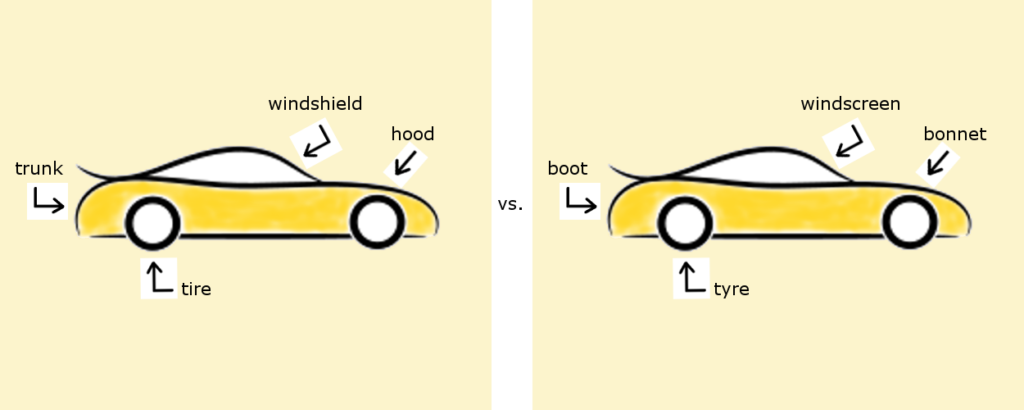FAQ
What is translation? How does it differ from interpreting? Both translating and interpreting involve taking a message in one language and delivering it in another. There are two major differences: Thus, as a translator I only work with written texts and only translate into English, my native tongue. If you are interested in finding out more about the differences between these two professions, this visual post on my Facebook page can get you started. You can also find more information about translation in general on the Document Translation page.
Do you provide interpreting services? I do not offer interpreting services. The reason for this is that interpreting and translating (whose major differences are outlined above in response to the previous question) require very different skill sets. Interpreters need to be almost equally strong in their source and target languages, especially if they interpret in both directions, and they need to be able to provide the general meaning of what is being said on the spot and in time with the speaker. Translators, on the other hand, need to be strongest in one (native) language, as they cannot make any non-native speaker mistakes when translating into this language. They also need to have a very sharp eye for detail, good research skills, and an excellent writing ability in their native language. A skilled interpreter will not necessarily make a good translator, and vice versa.
What is a certified translation? This is actually a complex question, as the definition of a certified translation varies from country to country. For a full explanation, see the Certified Translation page.
Can you provide translations for the New Zealand Qualifications Authority (NZQA) or for Immigration New Zealand (INZ)? Yes, as a professional translator, I can provide certified translations of documents for NZQA or INZ, which both follow the INZ translation requirements. All you need to do is contact me and let me know that your translation is intended for one of these bodies. For an explanation of what certified translation involves, please see the Certified Translation page.
Can you provide translations for the New Zealand Transport Agency (NZTA)? Unfortunately, no, I cannot: the NZTA only periodically accepts new applicants for its list of approved translators and does not plan to issue a tender to this effect again until 2021. Until that time, I can recommend that you use those translation providers who are currently on the NZTA list of approved translators.
What is the difference between proofreading, editing, and revising? These terms can have slightly different definitions depending on who you ask. This is what I mean by each of them: Proofreading involves checking a text through for spelling and grammar mistakes and ensuring that sentences make sense. This is a monolingual task and, as a native English speaker, I only proofread English texts. Editing is a more in-depth process than proofreading. It still involves checking the text for spelling and grammar mistakes, but it also takes style into consideration. Editing generally involves more changes in order to make a text fit a certain brief (e.g. be shorter, more appropriate for a specific audience, etc.). This is also a monolingual task and, as with proofreading, I only offer this service for English texts. Revising is more related to translation than proofreading or editing. It involves checking a translated text against the original to ensure that the translation is accurate and that there are no spelling or grammar mistakes. This is a bilingual task and I work with texts that have been translated into English from any of my other working languages – namely, French, Spanish, and German. For a more detailed explanation regarding the difference between editing and proofreading services, see the Editing and Proofreading page.
What do you mean when you talk about different varieties of English? Languages are ever-evolving and over time they undergo different changes in different parts of the world. This is why I speak of different varieties of English – that is, different types of English with their own grammar and vocabulary rules. Phrasing that works perfectly well in the type of English spoken in one country may sound strange or even not make sense to an English speaker from another country. For example, in Britain it is fairly common to hear sentences like “I was sat on the train,” while in Canada and the US such phrasing would be considered to be grammatically incorrect – “I was sitting on the train” would be the proper phrasing in North American English. Yet there isn’t a completely uniform North American English either, as Canadian and American English speakers don’t always follow the same rules. In a Canadian English text one might find the sentence “As well, there was a garden centre next door,” but in American English (like most other varieties of English), it is not possible to start a sentence with “as well”; in addition, American spelling and what is commonly used as standard Canadian spelling are not always the same. Therefore, if we were to change this sentence into American English, “There was also a garden center next door” would be more appropriate. Having a text translated or adapted into the right variety of English can mean that your readers will understand and connect with your text better than they would if it were in a different variety of English. This can be especially important if your text is supposed to persuade your reader or if it deals with a subject area where vocabulary can differ drastically between Englishes (e.g. vehicles). Different varieties of English are also discussed on the English and its Varieties page.
If you have any questions that are not answered here, please feel free to contact me.
